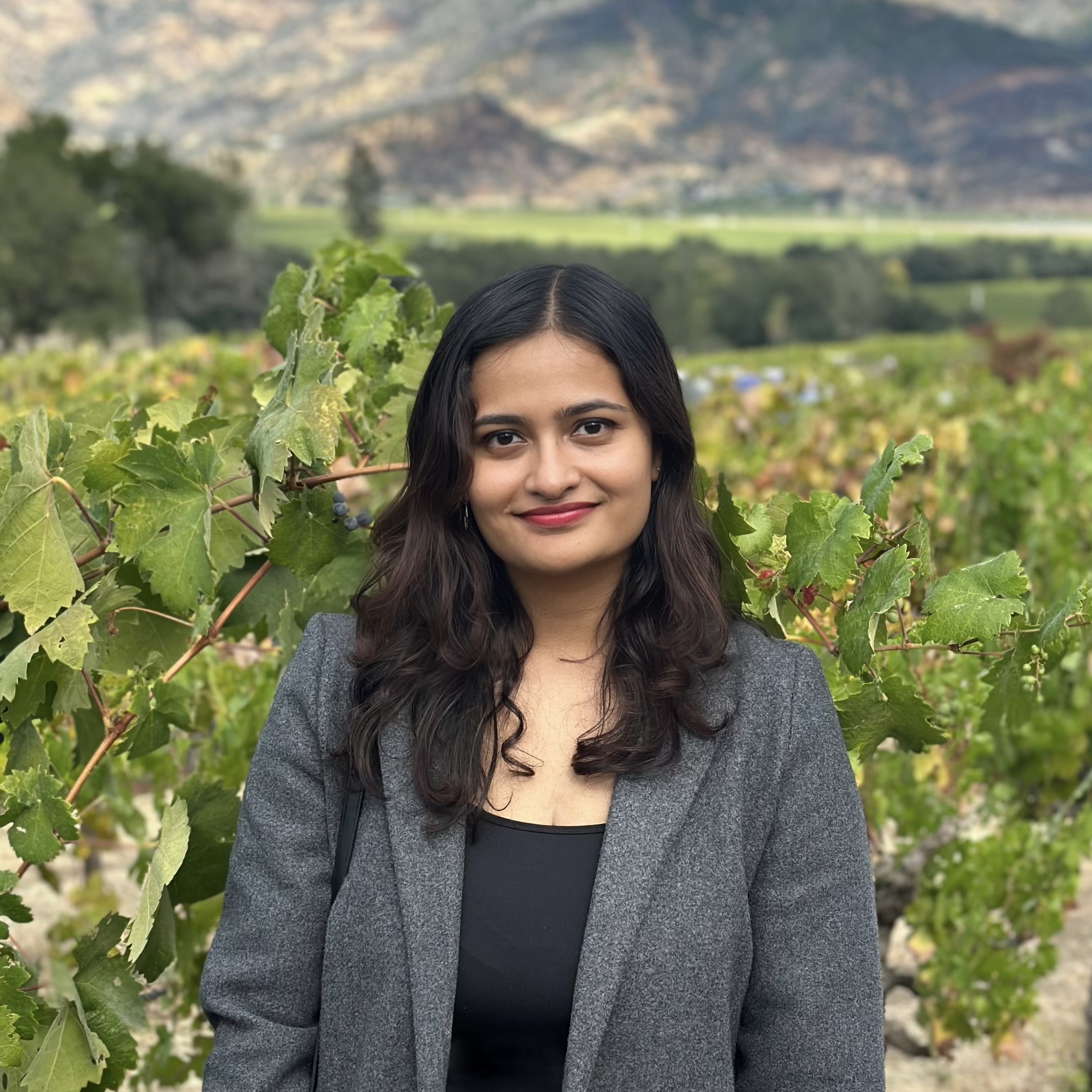Compressive phase retrieval under image priors
We consider the problem of recovering an n-dimensional signal, from m magnitude-only measurements. This is a stylized version of the classical phase retrieval problem, and is a fundamental challenge in nano- and bio-imaging systems, astronomical imaging, and speech processing. It is well known that the above problem is ill-posed, and therefore some additional assumptions on the signal and/or the measurements are necessary.
In this paper, we first study the case where the underlying signal x* is s-sparse. For this case, we develop a novel recovery algorithm that we call Compressive Phase Retrieval with Alternating Minimization, or CoPRAM. Our algorithm is simple and be obtained via a natural combination of the classical alternating minimization approach for phase retrieval with the CoSaMP algorithm for sparse recovery. Despite its simplicity, we prove that our algorithm achieves a sample complexity of O(s^2 log n) with Gaussian measurements a_i, which matches the best known existing results; moreover, it also demonstrates linear convergence in theory and practice. An appealing feature of our algorithm is that it requires no extra tuning parameters other than the signal sparsity level s.
We then consider the case where the underlying signal x^* arises from structured sparsity models. We specifically examine the case of block-sparse signals with uniform block size of b and block sparsity k=s/b. For this problem, we design a recovery algorithm that we call Block CoPRAM that further reduces the sample complexity to O(ks log n). For sufficiently large block lengths of b=s, this bound equates to O(s log n). Further, we consider power-law decaying sparse signals, further lowering sample complexity to O(s log n). We also present an extention to rooted tree-sparse signals and analyze the descent criterion of the alternating minimization scheme. We find that, as long as a good initialization is provided, the sample complexity of this problem can be brought down to O(s), which is information theoretically optimal. To our knowledge, this constitutes the first end-to-end linearly convergent group of algorithms for phase retrieval where the Gaussian sample complexity has a sub-quadratic dependence on the signal sparsity level.
CodeYou can also find all codes related to the paper on my GitHub page.
PublicationsG. Jagatap, C. Hegde, “Fast, sample efficient algorithms for structured phase retrieval”, Advances in Neural Information Processing Systems (NIPS), 2017. (Acceptance rate: 20.93%) [ Paper / Poster / Code ]
G. Jagatap, C. Hegde, “Sample efficient algorithms for recovering structured signals from magnitude-only measurements”, IEEE Transactions on Information Theory, 2019. [arXiv Preprint/ Paper / Code]
G. Jagatap, C. Hegde, “Towards sample-optimal methods for solving random quadratic equations with structure”, IEEE International Symposium on Information Theory (ISIT), [Preprint / Paper / Talk / Code ], 2018.
